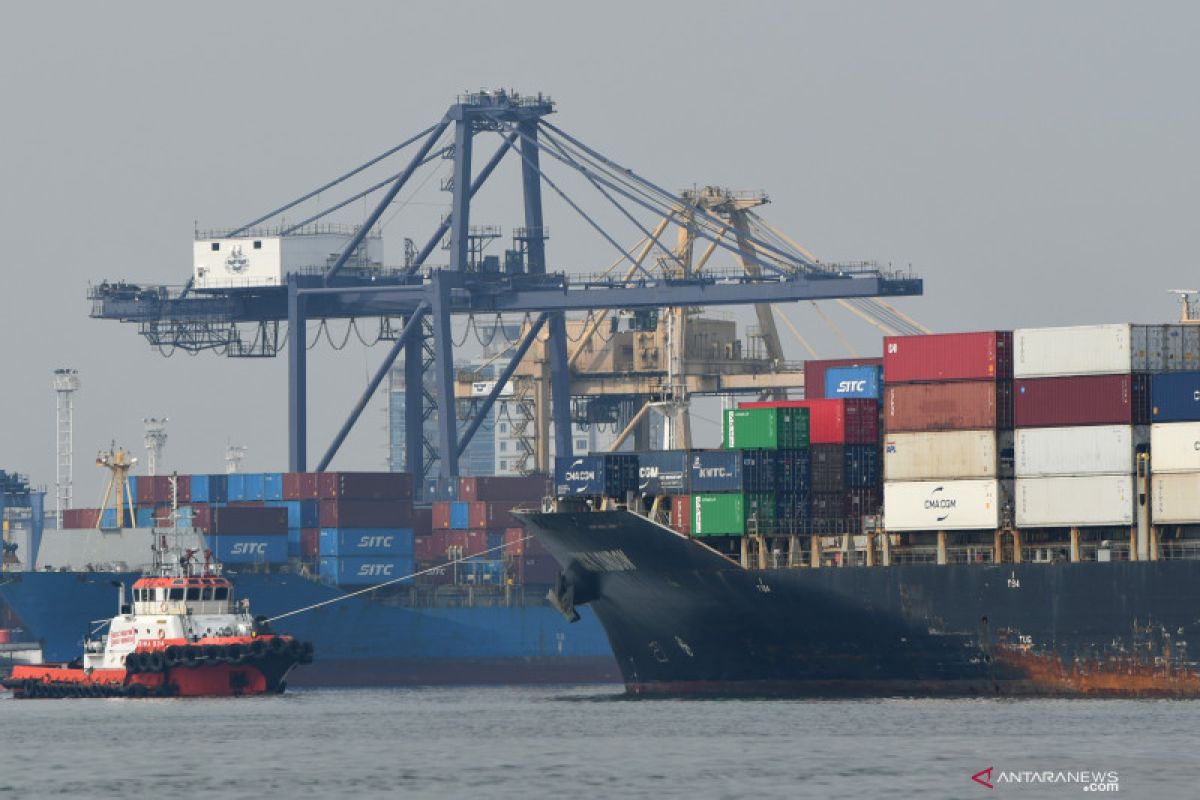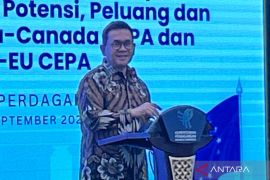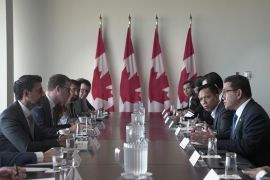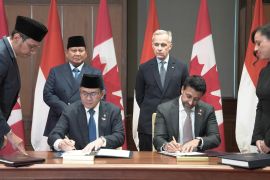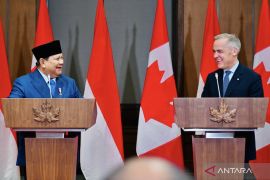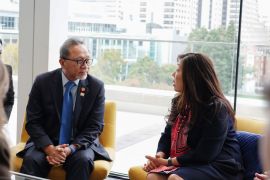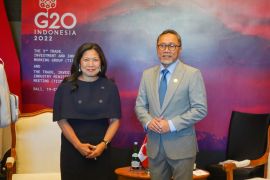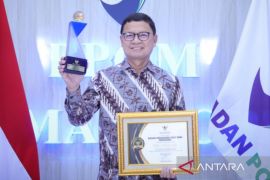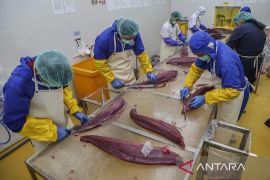The food and beverage products that were promoted at the event included coffee, tea, ginger drinks, cooking spices, ready sauces, spices, seafood, crackers, instant noodles, swallow’s nest, and confectionery products.
"The Ministry of Trade will continue to apply export development strategies amid the COVID-19 pandemic. This virtual business-matching has become one of the right steps in the middle of restrictions that do not allow face-to-face meetings," Trade Minister Agus Suparmanto said in a statement received here on Friday.
Meanwhile, in his opening address at the event, director general for national export development, Kasan, said the processed food and beverage industry is facing a major export challenge due to the COVID-19 pandemic, which has led to the implementation of social restrictions.
Quarantine policies implemented by many export destination countries, including those supplying raw materials, will not diminish the spirit of Indonesia's food and beverage sector to promote exports, he declared.
“We are certain that Indonesia's processed food and beverage products are still very much sought after in the global market. The Trade Ministry will continue to support the development of food and beverage exports to maintain export performance, especially amid the COVID-19 pandemic,” he asserted.
To prepare for the business-matching, he continued, the ministry has provided profiles of each business, so that both exporters and importers can start establishing communication earlier.
"The one step ahead preparation is hoped to lead to larger sums of transactions," he added.
Director of market development and export information at the ministry, Iriana Trimurty Ryacudu, said the business-matching event will be held across a number of different locations, including the ITPC Vancouver offices, which will serve as a gathering spot for buyers, and the Trade Ministry's offices in Jakarta, as well as offices of exporters.
The themes for the business-matching event have been selected in accordance with the types of products that are ready to be exported, based on both Canada's demand as well as the domestic supply potential.
Ryacudu also said the event is scheduled to be held in four rounds, the first one will feature processed food and beverages and will be held in July, 2020. The second will revolve around fashion, footwear, and textiles, and will take place in September.
The third round will be held in October this year and will focus on health products, drugs, including natural ones, and chemical and pharmaceutical products. Meanwhile, furniture, including knock-down furniture, home decor, and appliances will be the focus of the fourth round, scheduled for November this year.
Indonesia is 31st on the list of Canada's import partner countries. The total trade between the two countries between January and May this year was valued at US$974.65 million.
The number showed a decline compared to the same period in 2019 when it had reached US$1.26 billion. The bilateral trade between Indonesia and Canada had amounted to US$2.69 billion in 2019.
Indonesia's main exports to Canada include rubber products, sports footwear, cocoa, paper, and tires.
Related news: Indonesia eyes increase in coffee export to Canada
Related news: Indonesia, Canada launch local economy development program
Related news: Indonesia, Canada vow to boost bilateral economic ties
Translator: Sella Panduarsa Gareta/Aria Ci
Editor: Yuni Arisandy Sinaga
Copyright © ANTARA 2020
